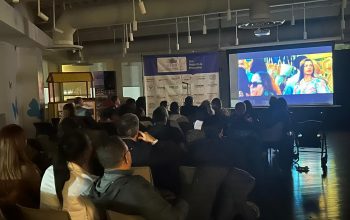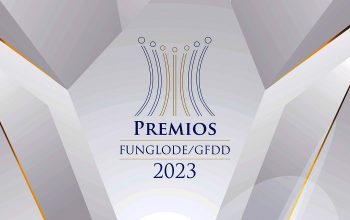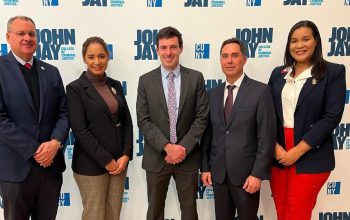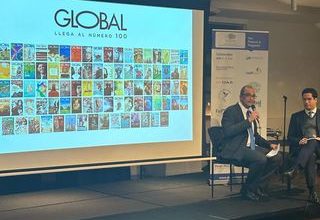news
“Progress Cannot Be Achieved While Social and Economic Deprivations Persist” States GFDD during the 54th Session of the Commission for Social Development
February 17, 2016
On Friday February 12, 2014, GFDD/FUNGLODE participated in the 54th Session of the Commission for Social Development which was convened from 3-12 February 2016, in New York, US.
The Commission which opened on Wednesday February 3, under the priority theme “Rethinking and strengthening social development in the contemporary world”, held its last day of negotiations on Friday, during which it approved three draft resolutions by the
Economic and Social Council with one resolution on Africa’s development.
The Commission then approved, as orally revised, a resolution on its future organization and methods of work (document E/CN.5/2016/L.4), submitted by Vice-Chair Luz Andujar of the Permanent Mission of the Dominican Republic. The text would have the Council decide that the priority theme for the 2017-2018 review and policy cycle would be “Strategies for the eradication of
poverty to achieve sustainable development for all”, and consider the biennialization of the Commission’s resolutions with a view to eliminating duplication in the negotiation of similar issues with the General Assembly. The Commission would keep its methods of work — including the functioning of the two-year review and policy cycle — under review, including at its fifty-fifth session in 2017, if necessary, in order to adjust to the Council’s
cycle.
Friday morning also represented the concluding segment of interventions for the general debate on the priority theme of “Rethinking and strengthening social development in the contemporary world”. This provided an opportunity for all relevant stakeholders, including
members of civil society organizations, to put forward their own case studies and vision for the future of social development.
During the session, GFDD’s UN Programs Manager, Marc Jourdan submitted a joint oral statement on behalf of GFDD and Fundación Global Democracia y Desarrollo (Funglode). In his statement, Jourdan called for a new social development agenda, where public participation of communities is enhanced and economic decisions are conditioned by
social and environmental outcomes. He noted that the principles of social inclusion would be highly relevant for the achievement of the 2030 Agenda. “Simply put, progress cannot be achieved while social and economic deprivations persist,” he said. He noted that it was crucial for all stakeholders, including civil society, to complement government efforts if the world was to eradicate poverty and achieve lasting sustainable development. To do this he explained
that the empowerment of individuals and local communities through innovative social programs would constitute an essential part of development.
Under the new agenda, Jourdan explained that the social considerations are key to economic prosperity as the system seeks to strengthen the local productivity and social fabric of communities, offer sustainable development education and professional development to communities on a local level, and promote decision making that
enhances public participation and keeps sustainability at its core.
A copy of the statement is available in English here and in Spanish here.
In closing remarks, Commission Chair Ion Jinga
(Romania) said the Commission had taken stock of achievements and challenges in countries, regions and around the world in reducing poverty and inequality and creating jobs. “Poverty continues to be the greatest global challenge of our time,” he said, stressing that millions of workers continued to fall behind and too many people lacked access to education, gender equality and climate change mitigation services. He stressed that he had been impressed with the
resolve to strengthen the Commission in the follow-up to the 2030 Agenda for Sustainable Development.
About the Commission for Social Development:
Since the World Summit for Social Development in Copenhagen in 1995, the Commission for SCSocD has been the key United Nations body in charge of the follow up and implementation of the Copenhagen Declaration and Programme of Action.
Originally known as the Social Commission but
renamed in 1966, CSocD was established by ECOSOC res. 10 (II) (1946). Its purpose was to advise ECOSOC on social policies of a general character and, in particular, on all matters in the social field not covered by the specialised inter-governmental agencies. Since 2006, the Commission has taken up key social development themes as part of its follow up to the outcome of the Copenhagen Summit.
Related links:
http://undesadspd.org/CommissionforSocialDevelopment/Sessions/2015.aspx
https://www.facebook.com/commissionsocial
https://twitter.com/undesadspd





